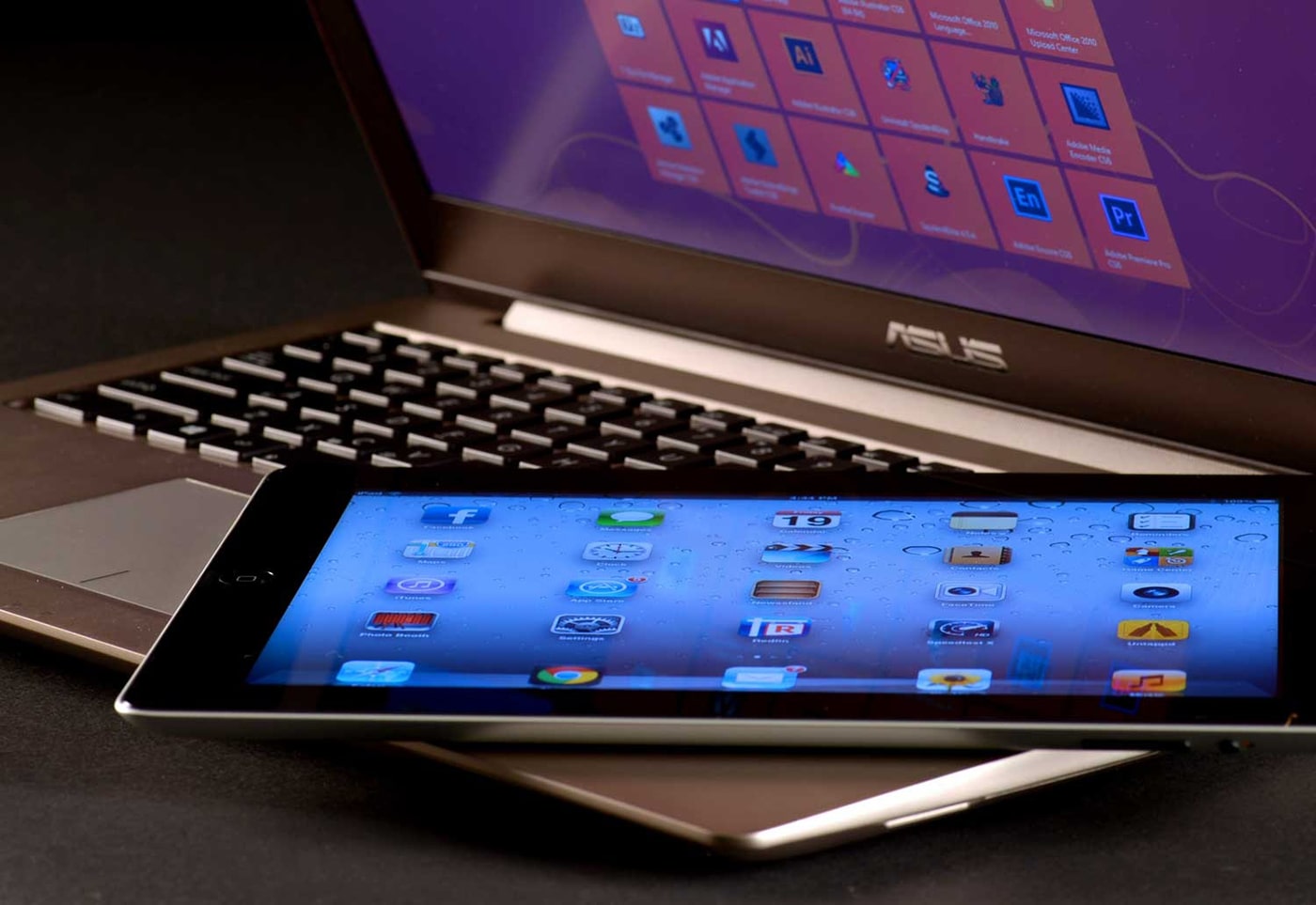
Title: Tablet vs Laptop: Making the Right Choice
Introduction: In today's digital age, it is essential to have a portable device for work, entertainment and communication. When it comes to portable computers, two popular choices are tablets and laptops. Each has its own strengths and considerations to consider when making a purchasing decision. In this article, we compare tablets and laptops to help you make the right choice based on your needs and preferences.
Portability: Tablets are known for their lightweight and compact design, making them highly portable. They are ideal for users who prioritize portability and convenience as they can be easily carried and used on the go. On the other hand, laptops tend to be bulkier and heavier due to built-in keyboards and larger screens. They provide a more traditional computing experience and are suitable for users who require a full-size keyboard and a larger display.
Performance: Laptops tend to have higher performance capabilities than tablets. They feature more powerful processors, more RAM, and more storage options. Laptops are suitable for computing-intensive tasks such as video editing, software development, and multitasking. Tablets, while less powerful, are still capable of day-to-day tasks such as web browsing, email, and media usage.
Input Methods: One of the key differences between tablets and laptops is the input method. Laptops come with physical keyboards and trackpads that provide a familiar typing experience. This makes them well suited for intensive typing tasks such as writing documents or composing emails. Tablets, on the other hand, use touch input, which can be more intuitive for certain tasks, such as drawing or using mobile apps.
Display and usability: Tablets are usually equipped with high-resolution touch screens, which provide a more immersive and interactive user experience. They are great for multimedia, gaming and reading use. Laptops often have larger screens and higher display resolutions, making them preferred for tasks that require detailed visualization, such as graphic design or video editing.
Connectivity and Expandability: Laptops tend to offer more connectivity options, including multiple USB, HDMI, and memory card slots. This makes them more versatile when it comes to connecting external devices and peripherals. Tablets, on the other hand, often have fewer ports and may require additional adapters to connect peripherals. However, tablets often provide storage expansion options via microSD cards or cloud services.
Conclusion: Choosing between a tablet and a laptop depends on your specific needs and preferences. If portability, ease of use, and touchscreen capabilities are important to you, purchasing a tablet may be the perfect choice. On the other hand, if you need more processing power, a physical keyboard, and a larger screen, a laptop is a better fit. Consider factors such as performance requirements, input methods, display settings, and connectivity when making your decision. Be sure to weigh the pros and cons of each device to make sure you choose the one that best suits your lifestyle and computing needs.






